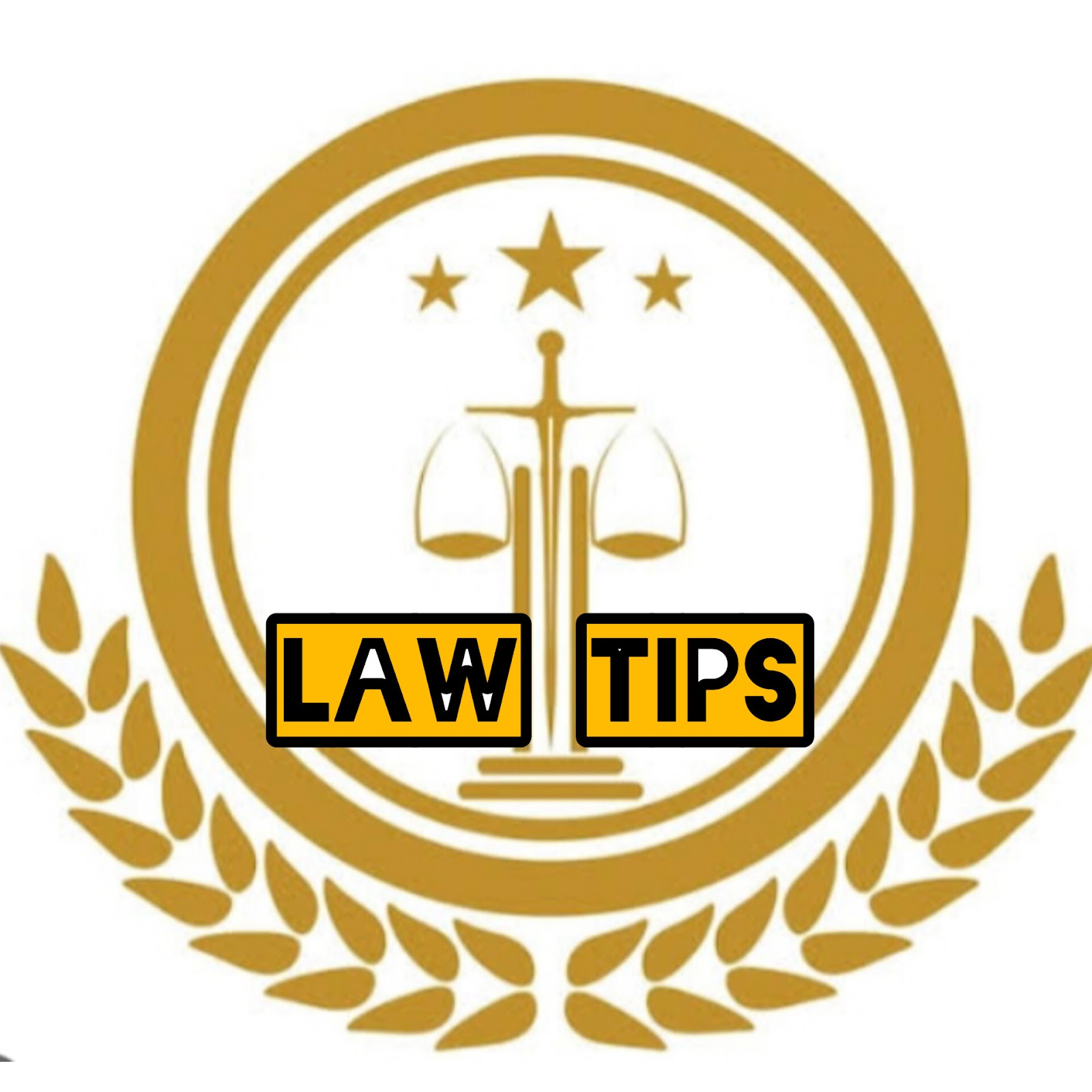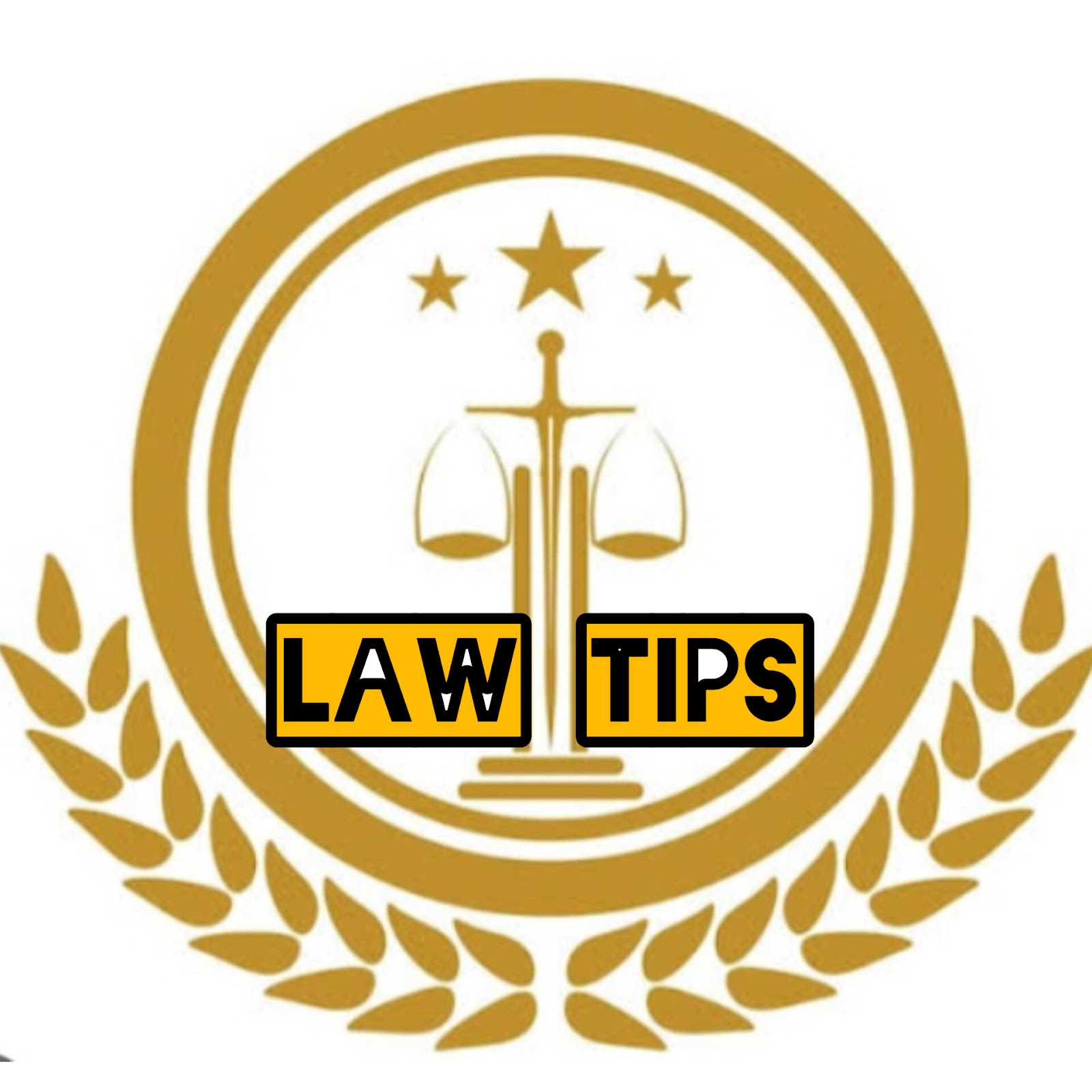Debatable instrument act,1881
Law Tips
May 30, 2023
Muhammad Abaid Ullah v. Ateeq-ur-Rehman and 8 Others (2015 CLD 307), a learned Single Seat of this CourtThe critical inquiry to be chosen is whether, under Request XXXVII, Rule 2. C.P.C., a suit for recuperation based on a check can be recorded against the lawful successors to the individual who gave the said check. The arrangements of Request XXXVII. Rule 2 clarify that they are intended for the bills of trade, Hindes, or promissory notes and that suits thereunder must be documented against the executors of the previously mentioned instruments and not in any case. It would likewise be seen that the producer of the check, Abdul Maalik (who perished), had kicked the bucket before the check could be introduced for encashment. In this way, the said check stopped having any impact as a bill of exchange upon the passing of its creator. In this manner, the suit under Request XXXVII, Rule 2, C.P.C., recorded by the applicant was misinterpreted and was not viable. In such manner, the arrangements of segments 29 and 29. An of the Debatable Instruments Act, 1881, which have direct importance to the issue, are imitated as under: "(29) A legitimate delegate of a departed individual who signs his name to a promissory note, bill of trade, or check is at risk by and by consequently except if he explicitly restricts his responsibility to the degree of the resources he got by him in that capacity."" (29)A. No individual is at risk as creator, cabinet, endorser, or acceptor of a promissory note, bill of trade, or check who has not marked it thusly: Gave that where an individual signs any such instrument in an exchange or expected "He is responsible from that point on, as though he had marked it in his own name." The previously mentioned arrangements clarify that a party who isn't a cabinet member or creator of a check or bill of trade isn't at risk consequently, and in like manner, can't be sued under Request XXXVII, Rule 2, C.P.C. Under Section 29-An of the Debatable Instruments Act 1881, for a lawful delegate of a departed individual to become responsible under the check given by his ancestor, it is vital that he sign the expressed check for expecting the responsibility thereunder. Be that as it may, this isn't true here, as respondents did nothing of the sort. The respondents, in this way, were not at risk to the applicant under the said check gave by their predecessor. Same head. PLD 2022, Lahore 516.
Popular Posts

Internaional law
April 05, 2023

When is unilateral action in family cases?
May 10, 2023

𝙋𝙧𝙞𝙣𝙘𝙞𝙥𝙡𝙚𝙨 𝘾𝙞𝙫𝙞𝙡 𝙇𝙖𝙬 𝙥𝙧𝙖𝙘𝙩𝙞𝙘𝙚 𝙞𝙣 𝙋𝙖𝙠𝙞𝙨𝙩𝙖𝙣...
May 18, 2023



0 Comments